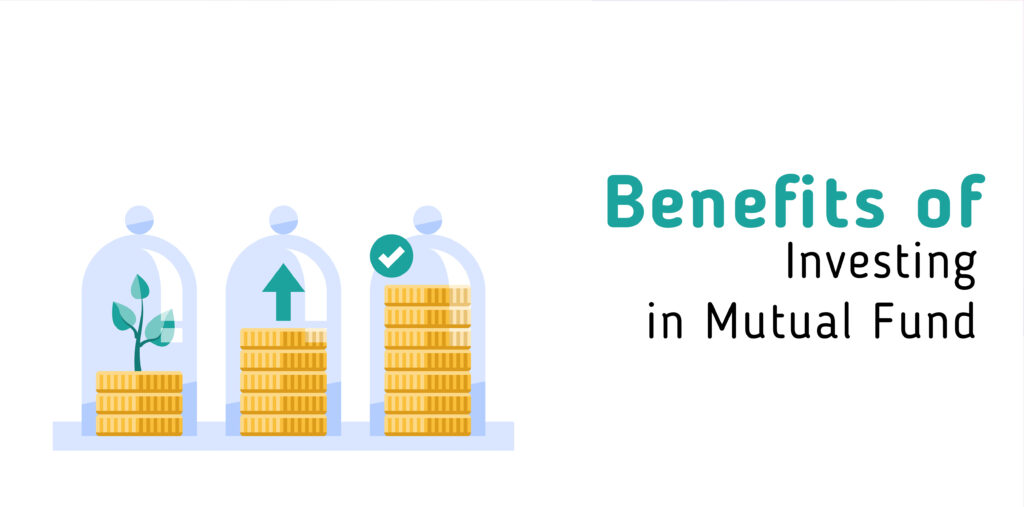When evaluating their financial alternatives, people frequently struggle to decide between debt and equity mutual funds. As we know that each of these investment varieties have their own distinct qualities and advantages of their own, as an investor and having an aim of a safe financial goal, you must make an important decision regarding this. We have quoted down all of the disadvantages and advantages of each option that must be considered in order to make an informed choice.
Option 1: Debt Mutual Funds
If you’re a risk-averse investor looking for steady returns, debt mutual funds are great. Their primary investments are in fixed-income securities, which include money market instruments, government securities, and bonds. These products are typically less volatile than equities and offer a consistent stream of income through interest. Debt mutual funds, with their trending financial terms such as “safe investment,” “low risk,” and “steady income,” are particularly appealing to investors who place capital preservation first.
Option 2: Equity Mutual Funds
If we consider, equity mutual funds are designed for investors who are ready to have an adventure! Coming to the point, people having equity mutual funds are ready to bear risk. These funds mostly make investments in stocks, which have the potential to see significant long-term capital growth. Equity mutual funds are a great option for investors looking to generate substantial returns over time. Terms like “high returns,” “growth potential,” and “diversification” highlight these benefits.
The investor’s time horizon, risk tolerance, and financial objectives all play a role in the decision between debt and equity mutual funds. Both can be combined in a diverse portfolio to manage risk and return. An investor’s portfolio should adjust to new opportunities and difficulties as market and economic trends shift.
What Do We Conclude?
A carefully considered financial strategy should ultimately serve as the decision-making framework. If we consider all the available diversified investing strategies, you will see that both mutual and equity have their own stance. The key is to know the differences between the two and match your objectives with each one to make the best decision. Speak with a financial advisor to customize your investing strategy to your particular situation and keep up with market developments for continued success.






